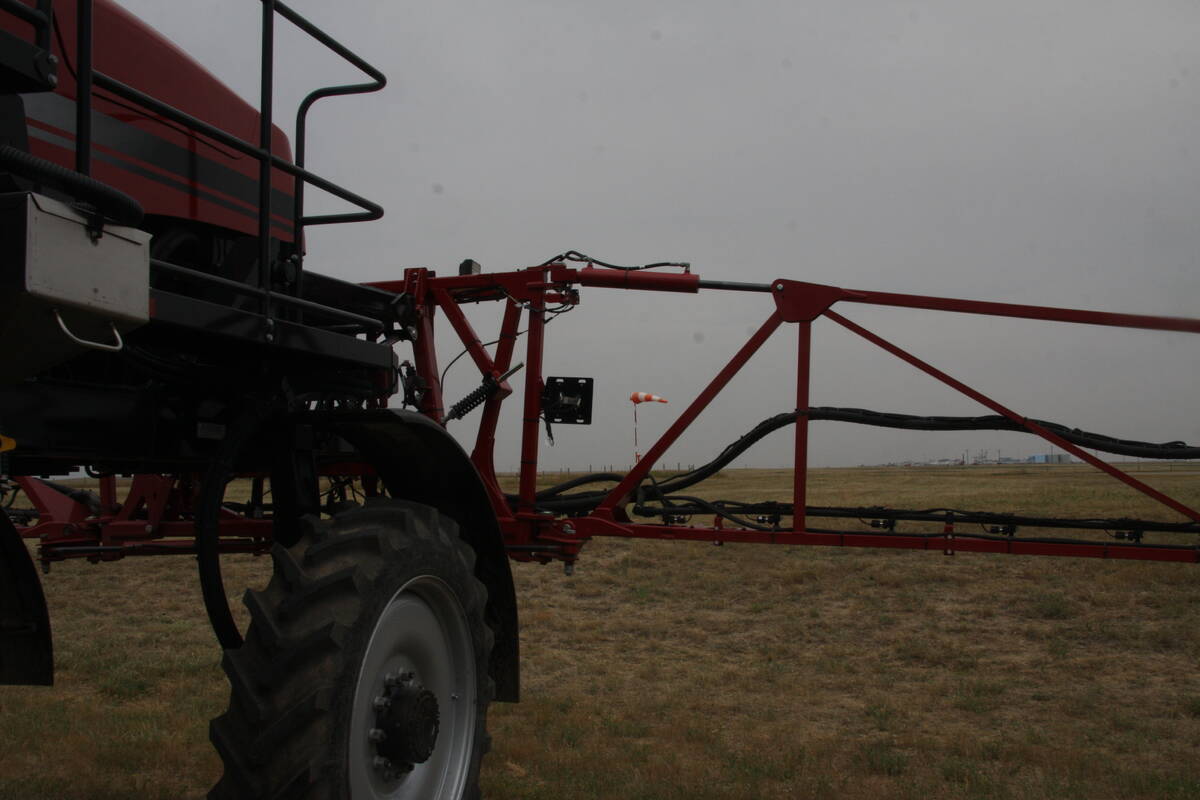Animal welfare is not a new concept, but more governments are turning it into the law of the land.
David Fraser, head of the University of British Columbia’s animal welfare department, told a recent meeting of the National Farm Animal Council about the evolution of animal care and treatment.
Nearly 200 years ago, the United Kingdom passed reforms to limit child labour, abolish slavery and authorize mass education of children. Included in those reforms was a cattle protection law in 1822 and another in 1836 to abolish bull-baiting and dog fighting.
Read Also

More work wanted on removing red tape
REGINA — Canadian farmers risk falling further behind competitors if two main federal agencies don’t become more efficient and responsive…
More recently, an international movement to improve transportation and care of animals was proposed through the World Animal Health Organization. In 2001, the organization’s 170 member nations voted to expand its mandate to animal welfare.
Standards approved to date concern transport of animals, slaughter for human consumption and killing animals for disease eradication, but Fraser expects additional rules for on-farm production.
“At this point a document has been drafted to propose to the member countries how to proceed with developing on-farm standards,” he said.
The United Nations’ Food and Agriculture Organization plans to work with developing countries to implement good animal welfare practices, partly to improve livestock production and partly to better participate in international trade.
A major shift in North America includes the involvement of multinational food companies such as the McDonald’s fast food chain, which announced its requirements in 1999 at the processing level.
As more companies introduced similar requirements for meat and egg production and processing, the National Council of Chain Restaurants was asked to develop harmonized standards that companies could adopt as a non-competitive approach.
Around the same time, U.S. supermarkets asked their national association, the Food Marketing Institute, to create a program of animal welfare standards. The retailers and restaurants then agreed to work together to produce a single program.
“This model of corporations setting national policy has the advantage of being quick and effective,” Fraser said.
However, the danger of corporations setting agricultural policy is that it results in decisions made about things the companies know little about.
“The process is not transparent,” Fraser said. “In effect, national policy is made in corporate boardrooms with closed doors, and sometimes corporate boardrooms with agitators camped outside.”

















